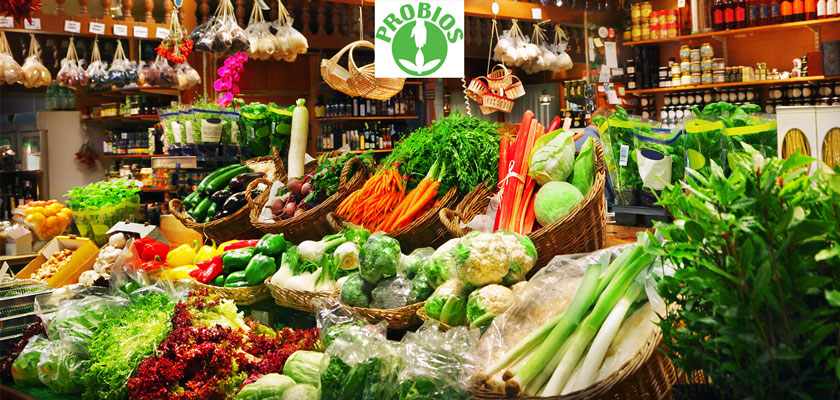
This is confirmed by a Nielsen study that analyzes the behaviors of Italians, their tastes and expectations during thedecisional process that regulates the purchase of alimentary products. 1
From the study emerges that in order to please Italians, a product should be first of all tasty. In the country of the good food, in fact, one cannot compromise for what concerns the flavor and the choice of those products is strongly influenced by their goodness.
Another determinant factor in choosing alimentary products is the praticality, that is why usually people prefer versatile food that has a brief preparation time,easier to use and to serve on the table in the least time possibile.
Equally important are authenticity and freshness, for this reason on the Italian tables natural food is more and more preferred as same as food that tend to preserve its genuineness. The organic food as well is more and more popular, it is sufficient to think about the remarkable increase in sales (+20,3%).
Moreover, in the Belpaese, one put increasingly more importance to the environment and the sustainability. 53% of the people interviewed in the Nielsen survey said to be willing to share goods and services with the community and 52% of people interviewed said to be willing to "pay more for sustainable products".
Probios, that always puts attention to the consumer needs, uses organic raw materials principally from Italian cultivation, guaranteed and controlled, and commits so that the organic diet can be a lifestyle available to everyone offering a varied range of products that are good and easy to prepare.
Among these, we have flavored cous cous: two innovative recipes, ready in a few minutes with seasoning already mixed with the grain. In the name of sustainability, the dish can be prepared in hot or cold water, in minor proportion in relationship with the one used to cook pasta, using it entirely and hence avoiding waste. In addition, in the preparation of cous cous in cold water energy is not used and we reduce emissions. The new flavored cous cous, with wholemeal flour of durum wheat, is available in two tastes: marocchino and mediterraneo, both sources of fibers.





